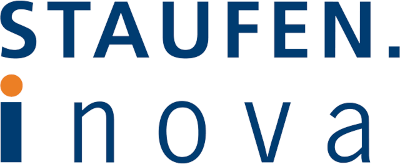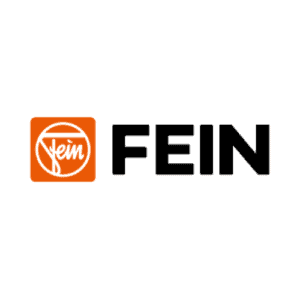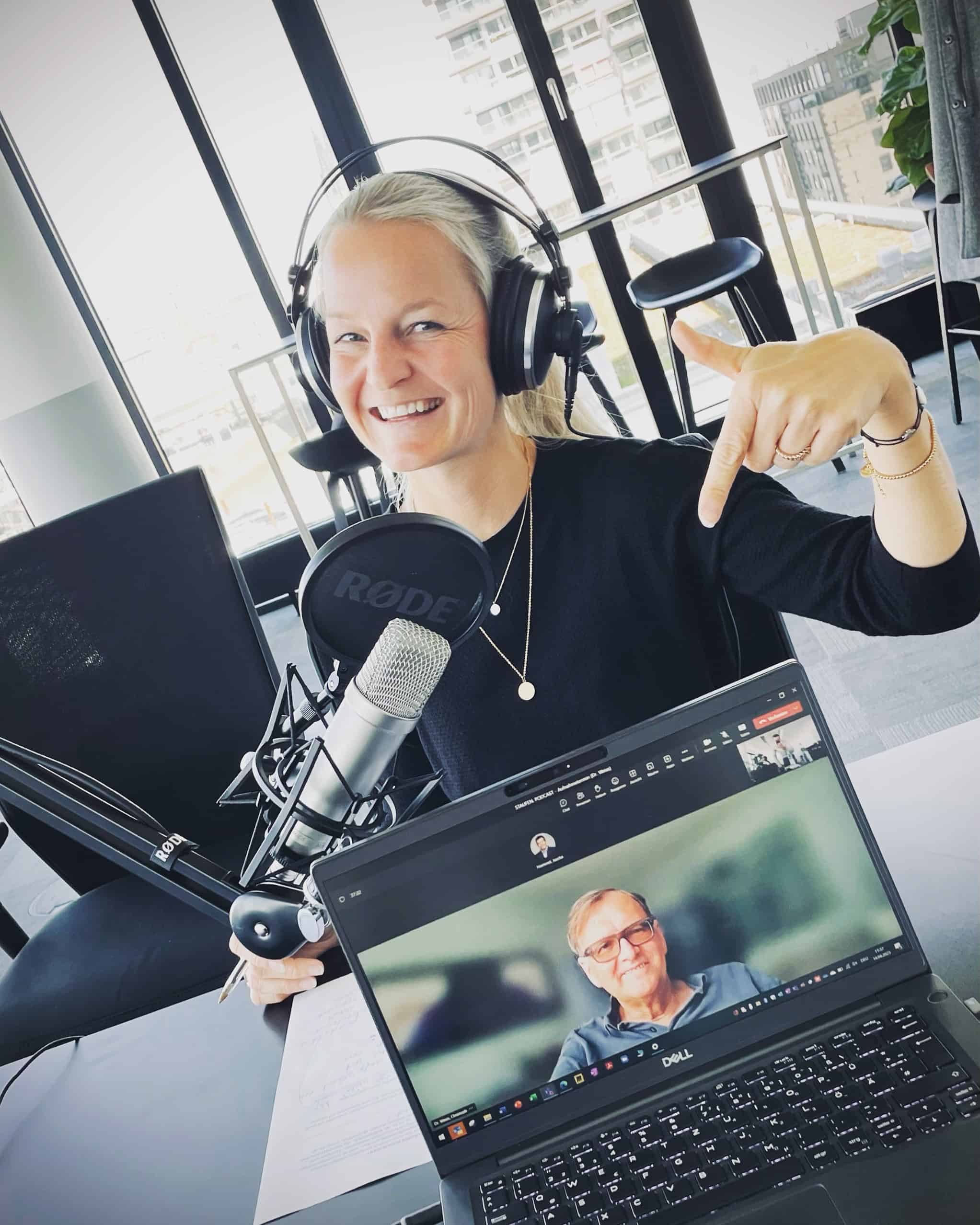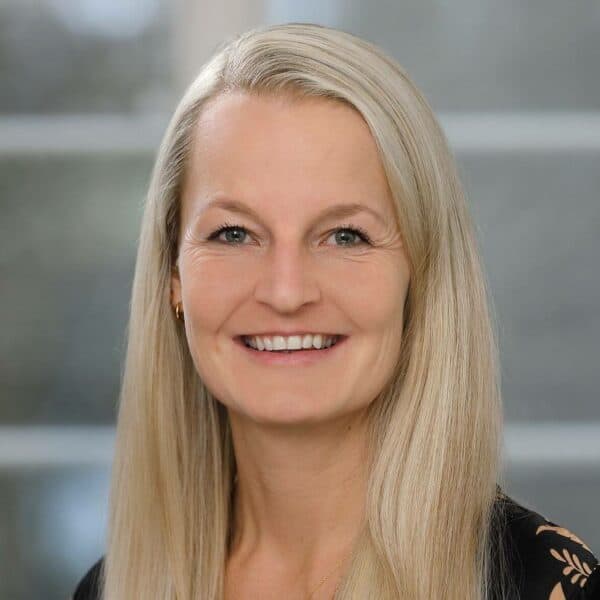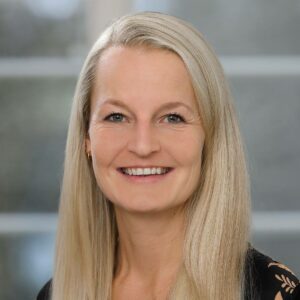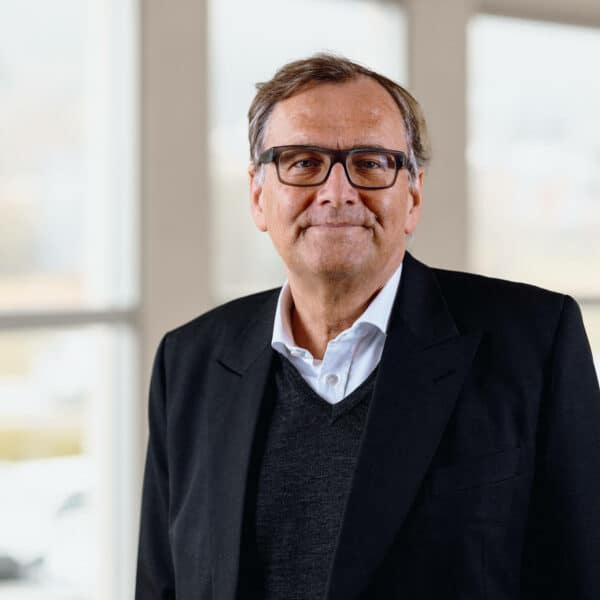
Dr. Christoph Weiss has many years of experience in industry, including at Daimler and Festool. He has advised on many international projects – in the chemical, automotive and electrical engineering sectors – and authored the bestseller: “Doomed to Excellence”. Dr. Weiss is the CEO of Fein, which was founded 150 years ago and has an excellent reputation worldwide in the manufacturing of power tools. In the following interview, he talks about the courage to focus clearly and how this has a positive effect on the costs, complexity and success of a company.
Interview with Dr. Christoph Weiss, CEO of C. & E. Fein GmbH
How did you come to work for Fein?
Dr. Christoph Weiss: In 2014, I was appointed to the Supervisory Board as an authorized representative. From the very beginning, I found it regrettable that the potential inherent in this company had not been leveraged over many years. I occasionally voiced criticism of the management, which led to my colleagues on the board saying one day, “Yeah, if you know everything better anyway, why don’t you do it yourself?” And so I started as CEO at C. & E. Fein in November 2020.
With the help of Staufen, you analyzed the cost drivers. What was the starting point?
Dr. Christoph Weiss: Our starting point was a clear diagnosis: In which markets, with which customers, products and product groups are we making or losing money? We decided to withdraw from 60 import countries in order to streamline sales. We did the same with products. Fein was very successful with so-called high-frequency technology, but this was at the end of its life cycle. We also exited this product group, as well as some other products, some of which were 30 years old and older.
What benefits have resulted for Fein?
Dr. Christoph Weiss: We were able to reduce work preparation, work schedules, manufacturing and quality assurance, thereby removing complexity from the company. I’ll make a rough estimate: We have taken away 10 million in sales, but in this way we have also created cost free space for further growth. We have brought a focus on products that are excellently established in the market.
You have already achieved great success at Festool by applying market segmentation.
Dr. Christoph Weiss: That was in 1991, and I’m a little proud of that. I was – I think – the first in the power tool market to say: “No, we no longer produce power tools for all industries and for everyone! We want to be the performance leader that makes the best power tools for carpenters, painters and auto painters. So we segmented the market by industry and application. At that time, the power tool market was about 4 billion – we had 1 percent of that. And then we say, “We’re focusing on a niche!”
A bold decision!
Dr. Christoph Weiss: That has indeed been a bold decision. We have always followed the motto: Recognize your customer’s problem, solve it better than anyone else, and you can no longer prevent your success. We have understood very well what requirements craftsmen have for power tools, the accessories and the consumables, and we have succeeded in meeting them. An originally small niche has become bigger and bigger through intelligent problem solving. Today, Festool very likely makes 1 billion in sales; up from 45 million 30 years ago.
What strategy can a company use to successfully master segmentation?
Dr. Christoph Weiss: The starting point is certainly always the existing customer and product portfolio. I have to segment my existing clientele. In the market for power tools or technical products in general, this is usually a cube. I have some product groups that I sell to specific industries or industry groups. Behind that there is usually a specific application. In this cube, I have to find my little corners where I can position myself accordingly.
What is the next step in this process?
Dr. Christoph Weiss: Once I have made this basic definition, it is crucial to think from the outside in: What do customers need? How can I fulfill that in the best possible way? Many companies still think from the inside out. So, I have some idea and search for my market, so to speak. But when I conduct in-depth interviews with customers, I understand what they need. That changes over time. Then it’s my job as a provider to evolve and follow my customers.
What is your expert advice to entrepreneurs for successful strategy implementation?
Dr. Christoph Weiss: Strategy begins with the answer to the question: What do we no longer do? This is precisely the question that most entrepreneurs fail to answer. They cling to every euro of sales and find it difficult to take anything out of the portfolio and forgo customers. But this is the only way to create the necessary strength. Figuratively speaking: If I compress water in a powerful high-pressure cleaner, 1000 bar of water pressure comes out the front. That’s how strategy works. I have to bundle the energy in the company and focus it on one point. In this way, even as a small company, I will be more profitable and successful than average.
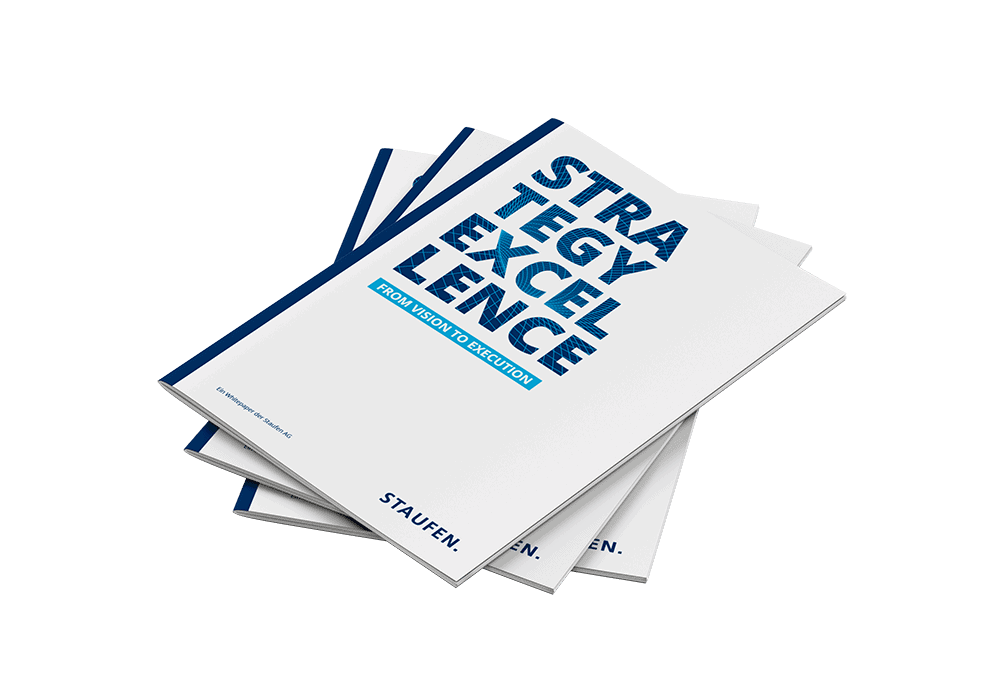
Whitepaper Strategy Excellence 2022
How to make the future happen
In the “Strategy Excellence” white paper, you will learn how we believe a corporate strategy becomes efficiently effective.
THIS MIGHT ALSO INTEREST YOU

Strategy Excellence
The question that currently needs to be asked is why strategy is now gaining renewed attention among many companies. In our opinion, this can be attributed to two developments: First, over the past few years, external influences such as political decisions or shorter technology cycles on companies and their market environment have increased significantly in strength and speed. This puts the added value that companies generate for their customers under much more rapid and sustained pressure than was the case a few years ago. Another is that many companies are experiencing more and more problems with implementing their strategic initiatives. Recent studies have shown that the rate of ineffective strategic initiatives is around 50%. This translates to a waste of resources that companies can no longer afford.
Read more
“Strategy is a commodity, execution is an art!”
The pioneer of modern management, Peter Drucker, already knew this years ago. And not much about this has changed. For according to current studies, 70% of all strategic initiatives still come to nothing. An effective, sustainable strategic implementation is one of the biggest challenges for many companies, now as before. In our “Podcast of Change,” we spoke with Max Illies, the Vice President of the eponymous trading firm, about the reasons why so many strategic initiatives are not effective.
Read more